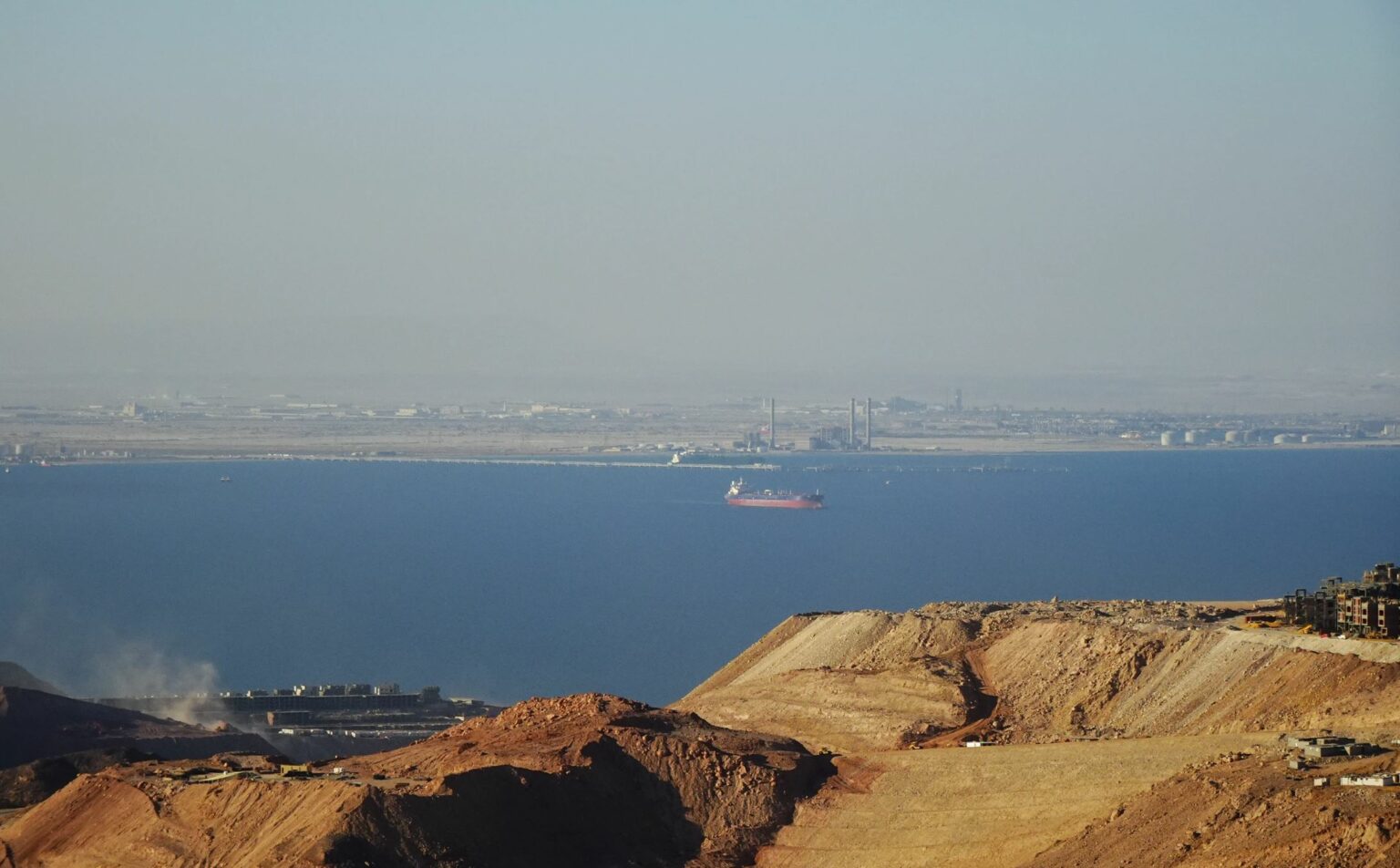The Suez Canal Economic Zone in Egypt has solidified a transformative partnership with prominent Chinese firms, ushering in a new era of green hydrogen manufacturing. The $15.6 billion agreement is poised to drive sustainable energy initiatives and spark economic growth in the region.
The multi-billion-dollar agreement, signed with notable Chinese corporations, carries the promise of innovation and development. According to Walid Gamal El-Din, Chairman of SCZONE, this collaboration is set to create approximately 9,000 job opportunities and encompass the establishment of 11 projects. These initiatives underscore Egypt’s unwavering commitment to fostering the production of green hydrogen and its derivatives within the Suez Canal Zone.
This substantial partnership builds upon Egypt’s recent efforts to forge international collaborations in the field of green hydrogen. The strategic location of the Suez Canal Zone, a critical global trade artery, and its proximity to international shipping routes make it an ideal hub for green energy production and distribution.
The financial report for the fiscal years 2022 and 2023 showcases Egypt’s dedication to expanding its economic horizons. Ports affiliated with the Suez Canal Zone Division have entered into seven agreements with a total value of $1.34 billion, a testament to the country’s commitment to facilitating international trade and investment.
Egypt’s total foreign trade revenue reached a significant milestone, $111.40 billion, in the 2022 and 2023 fiscal years. Notable trading partners include the UAE, the US, China, and Saudi Arabia. The strong economic ties with these countries resulted in $70.78 billion in imports and $39.64 billion in exports, reflecting the robust nature of Egypt’s global trade relationships.
China and Saudi Arabia: Key Trade Partners
China, Egypt’s third-largest trading partner, contributed substantially to this trade volume, with a value of $7.50 billion. Saudi Arabia was another pivotal partner, with trade amounting to $6.56 billion. These economic interactions encompassed an array of commodities and materials, driving the economies of both nations forward.
Saudi Arabia’s Vision 2030, aimed at transforming and diversifying its economy, has found resonance in its collaboration with Egypt. The Kingdom’s exports, particularly in petrochemicals, building materials, and medicine, have seen notable success, while imports have included food products, heavy machinery, and electronics.
Egypt’s ambitious goal is to increase its US dollar liquidity to $191 billion by 2026, with a significant portion derived from the activities surrounding the Suez Canal. This financial injection has the potential to bolster the country’s economic resilience and future prospects.
The report underscores the robust financial performance of the Suez Canal Zone, achieving record revenues of $196 million in the 2022 and 2023 fiscal years. Foreign direct investments and Suez Canal activities experienced a remarkable 12.8 percent increase during the last fiscal year, amounting to $10 billion. These figures reflect not only the economic potential of the Suez Canal Zone but also its growing prominence on the global stage.
